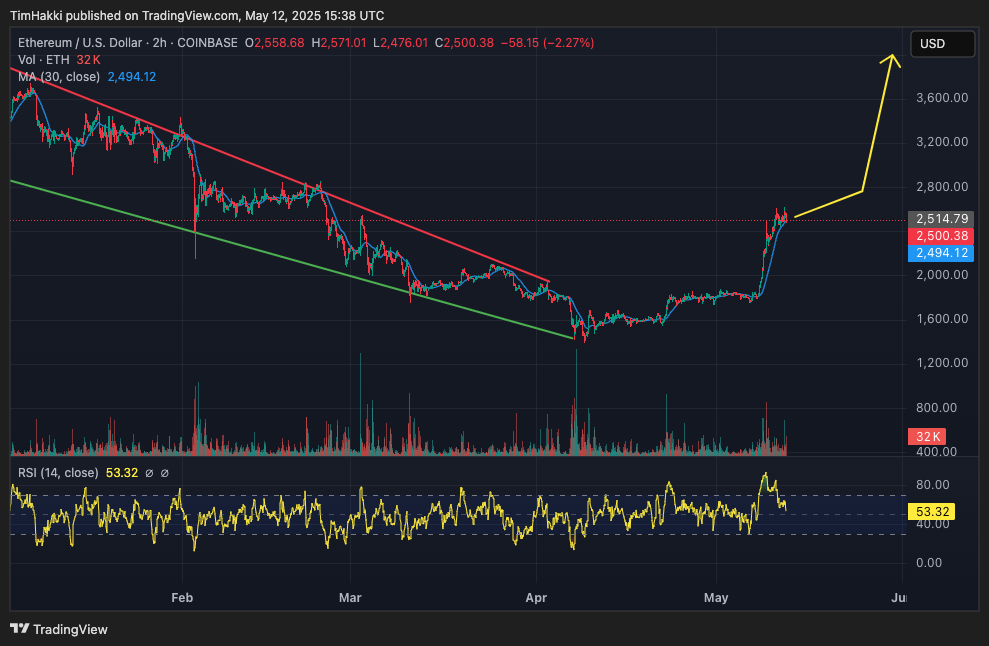Unlock the Editor’s Digest for free
Roula Khalaf, Editor of the FT, selects her favourite stories in this weekly newsletter.
Alternative network providers Fibrus and Community Fibre have secured new debt financing as part of a flurry of funding deals in the sector, as small players race to roll out full fibre to challenge incumbents BT and Virgin Media O2.
Northern Ireland and Cumbria broadband provider Fibrus raised £100mn in August while London altnet Community Fibre raised £60mn in May, the companies told the Financial Times.
So-called altnets have attracted billions of pounds of funding but have been squeezed over the past 18 months amid higher borrowing costs and pressure from backers to recoup their investment. Their attention has turned to winning customers, after some were forced to pause their rollouts, cut jobs and consolidate.
However the sector has recently notched up a series of deals and was boosted last week when leading altnet CityFibre announced a partnership with Sky.
Dominic Kearns, founder and chief executive of Fibrus, told the FT it was “hugely significant for us to get this over the line given how challenging the financing of fibre is in the market at the moment”.
He added that the biggest issue in the equity and debt markets had been the lack of profit visibility in the near term for many of its peers, but Fibrus was expected to become earnings before interest, taxes, depreciation and amortisation positive during 2025.
Fibrus, which expects to pass 393,000 premises and have 95,000 customers by the end of the month, will receive the additional tranche of senior debt from existing lenders: the UK Infrastructure Bank, which contributed £55mn, as well as £25mn from financial institution ING and £20mn from German bank Landesbank Baden-Württemberg.
Community Fibre, which has now passed 1.3mn premises and expects to exceed 300,000 customers by the end of this month, secured £60mn of debt financing from new banks JPMorgan and Barclays as well as existing lender Landesbank Baden-Württemberg in May.
Chair Olaf Swantee told the FT this was achieved because of its “unique network position in London and our very strong sales”. He added the company had been Ebitda positive since April.
The pair joined other altnets to announce further funding in recent months, such as Hyperoptic, which focuses on urban areas and received a commitment for £150mn from the UKIB in July.
However, analysts remain sceptical of the sustainability of the sector without further consolidation.
James Barford, director of telecoms at Enders Analysis, said fundraising had “slowed to a trickle in 2024” and that most altnets had been “struggling with low take-up and high operating losses”.
Paolo Pescatore, founder and TMT analyst at PP Foresight, said while the additional funding raises sounded positive, there were “still too many altnets chasing too few pounds”.
The interest rate cut this month, however, provided “some optimism and greater certainty” for the sector, he added.
Other altnets to secure additional funding include Yorkshire-based Quickline Communications in August, Cornwall-based Wildanet in July and both London’s G. Network and Voneus, which focuses on hard-to-reach communities, in June.
Credit: Source link











